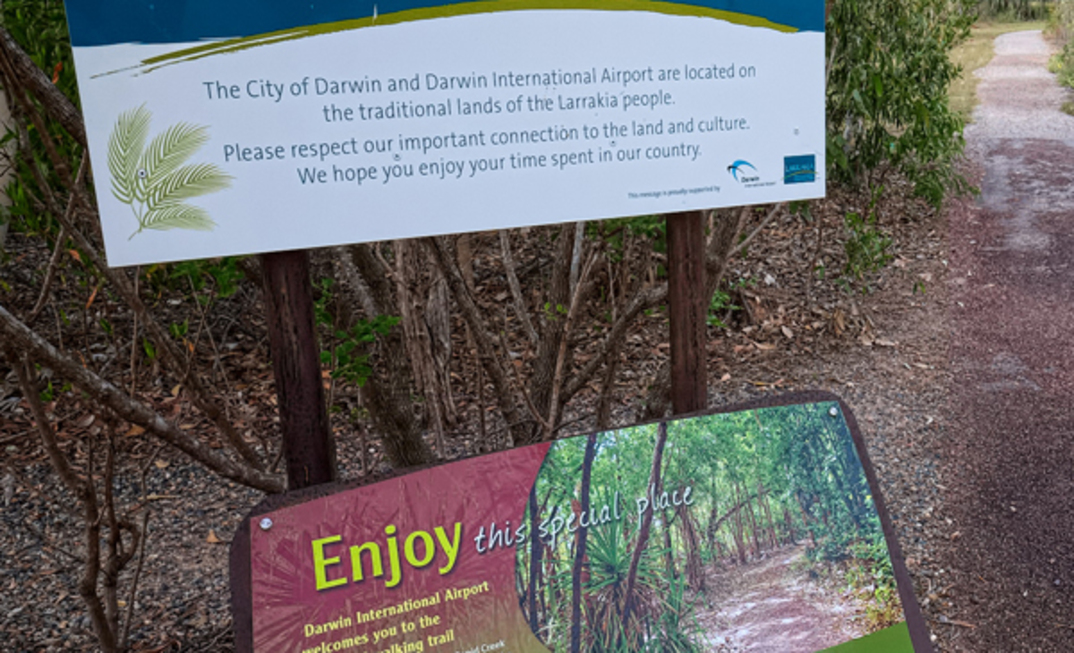Larrakia Energy is majority owned by the Larrakia Development Corporation, the representatives of Traditional Owners of the lands and waters in and around Darwin, the Larrakia people.
Under the scope of a signed letter of intent Tivan will buy up to 30 megawatts of renewable energy from Larrakia's proposed 300MW solar farm, to supply its own proposed vanadium electrolyte facility at Darwin's Middle Arm sustainable development precinct from 2026.
The solar farm will be located near Bladin Point.
Tivan's proposed plant will produce high-purity vanadium from the Speewah mine in Western Australia's east Kimberley.
Tivan acquired Speewah from King River Resources for $20 million earlier in the year.
Once built, the VE facility will be the biggest outside of China.
With phased-in capacity of 500 megawatt hours per annum of vanadium electrolyte production, Tivan plans to put about 20% of Speewah's vanadium oxides through the plant.
Larrakia Development Corporation and Larrakia Energy chairman Mark Motlop said Larrakia had cared for and protected its traditional lands, waters and skies since time immemorial.
"As development on Country continues to expand, the vision is to harness the power of renewables to lessen that impact and ensure Country continues to be protected," he said.
"Along with our joint venture partners in Larrakia Energy we look to a future that offers Larrakia and the people of the Northern Territory opportunities for employment, business creation and a landscape that continues to provide us all with our unique Territory lifestyle."
Tivan executive chairman Grant Wilson said Tivan would tread gently on Larrakia Country at all times.
"Our agreement is based on a shared vision of harnessing the power of renewables and grounded by a shared respect of country, culture and community," he said.
"Our agreement supports the prioritisation of renewable infrastructure at the Middle Arm sustainable development precinct, thereby lessening the impact and providing a sustainable development pathway for all concerned."
Wilson said Tivan was trying to rapidly advance the renewable value chain for long-duration energy storage.

























